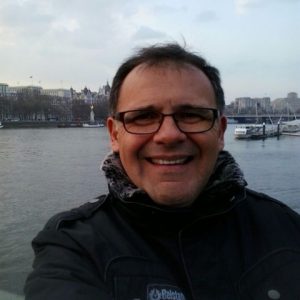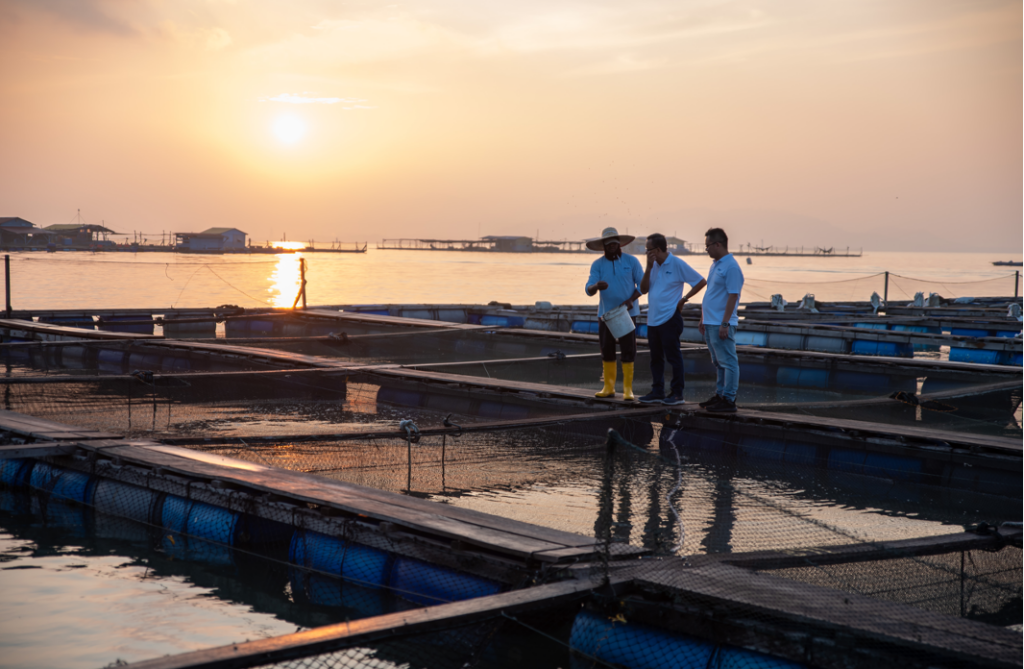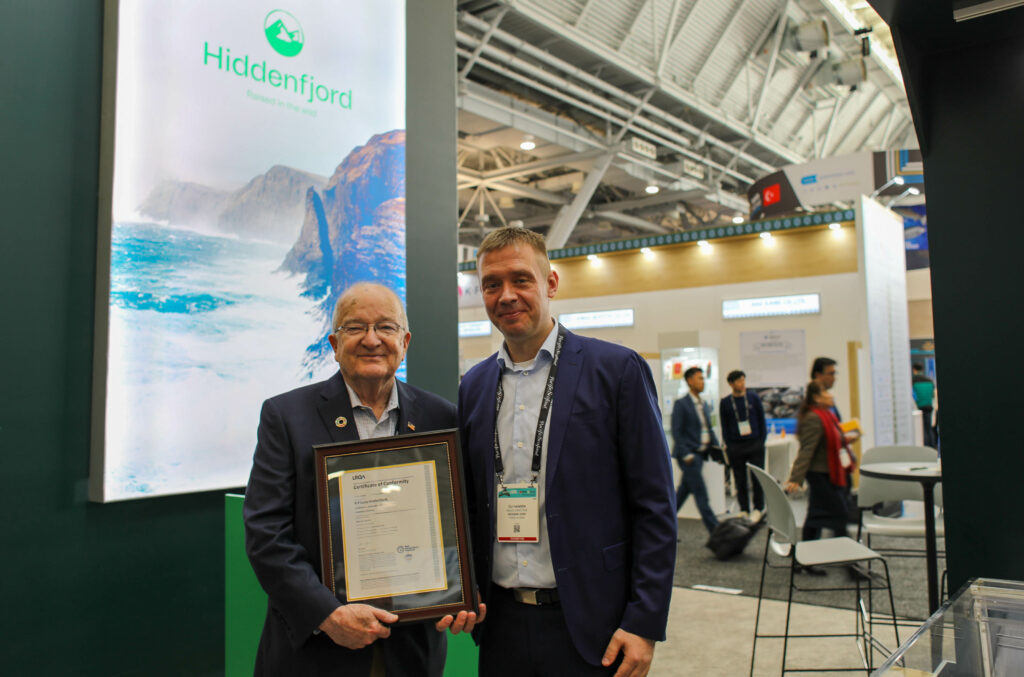BAP’s Marcos Moya Relocates To Europe
The Global Aquaculture Alliance’s Best Aquaculture Practices division announced in late August that it is repositioning its international business development team with the relocation of Marcos Moya, BAP’s manager of supply development, to Europe. Moya recently relocated from Vancouver, Canada, to Valencia, Spain.
 Being based in Spain will allow Moya to focus more on BAP’s business development activities in the European marketplace while continuing to work on BAP’s supply development activities in Latin America, Asia and elsewhere.
Being based in Spain will allow Moya to focus more on BAP’s business development activities in the European marketplace while continuing to work on BAP’s supply development activities in Latin America, Asia and elsewhere.
Moya has been instrumental in BAP’s growth. Since joining GAA on a full-time basis in January 2015, the number of BAP-certified processing plants, farms, hatcheries and feed mills ballooned from 881 to 1,325, as of the end of July 2016.
Moya has also overseen the development of BAP’s iBAP program — designed to provide assistance and encouragement to aquaculture facilities interested in pursuing BAP certification — since its inception in January 2015. So far, more than 60 facilities have graduated from iBAP, and more than 50 facilities are currently enrolled in the program.
In Europe, Moya will work with BAP’s market development team, including UK-based Mike Berthet, to assist BAP’s retail and foodservice partners, existing and future, with sourcing responsibly farmed and processed seafood. Currently, more than 100 retail and foodservice companies worldwide are committed to sourcing seafood from BAP-certified facilities.
“Committed to our objective to expand responsible aquaculture worldwide, we will strengthen our European team, offering the European marketplace the opportunity to support and promote BAP certification to their supply chain,” said Moya.
About BAP
Best Aquaculture Practices is an international certification program based on achievable, science-based and continuously improved performance standards for the entire aquaculture supply chain — farms, hatcheries, processing plants and feed mills — that assure healthful foods produced through environmentally and socially responsible means. BAP certification is based on independent audits that evaluate compliance with the BAP standards developed by the Global Aquaculture Alliance.




